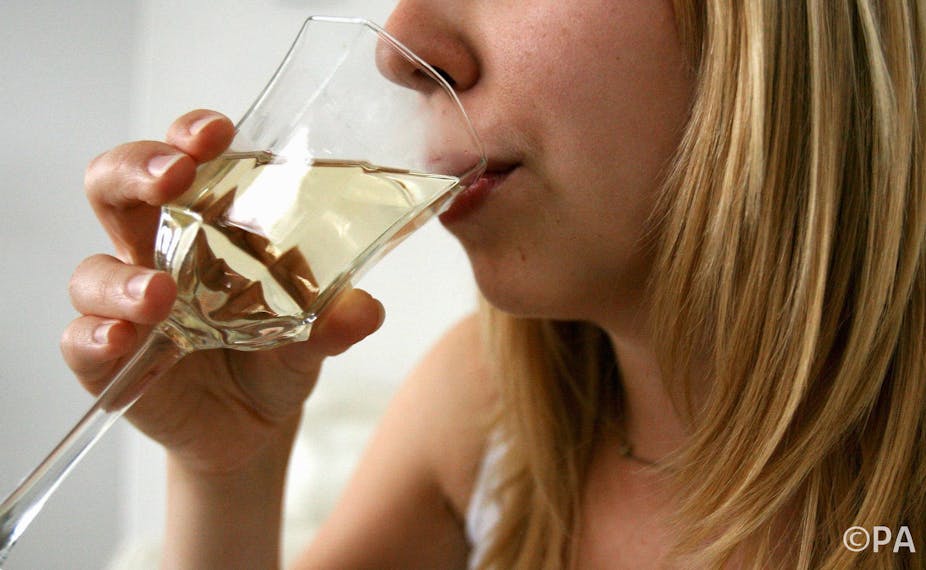On March 25th 1968 a relatively unknown French medical journal l’Ouest Medical published a remarkable paper based on observations of 127 children with mothers who drank heavily.
Paul Lemoine, a paediatrician from Brittany, had noticed that children of mothers who drank heavily during their pregnancy all had very similar striking appearances: their bodies were rather shrivelled, they had small heads, many showed minor facial deformities and most showed delayed development with disturbed behaviour.
Five years later, this condition had a name: foetal alcohol syndrome. Since then we’ve discovered that alcohol is a teratogen - a substance that can damage the formation of organs during a baby’s development and can lead to irreversible harm.
Could drinking moderately be harmful?
For most women now, it is common practice to either stop drinking once they know they’re pregnant or, if they do continue, to consume only low-to-moderate amounts - the equivalent of less than one drink a day. So could drinking this amount be harmful?
There has been a lot of research into the effects of low-to-moderate alcohol consumption over the past few years, with notable studies from across the world. One from the University of Bristol was published on Monday.
Most studies have many thousands of participants and rely on groups of mothers who are recruited when pregnant. By following up their children at different ages, we can then compare the health and development of children whose mothers consumed low-to-moderate amounts of alcohol when pregnant with those who didn’t.
But the results aren’t so straightforward. Some studies have shown differences in miscarriage, low birth weight and child development between moderate drinkers are non-drinkers whereas others haven’t.
A major problem is that we’re not comparing like with like. Women who drink low-to-moderate amounts during pregnancy tend to be better off and better educated than women who are abstinent and so it’s no surprise that their children will tend to be healthier and perform better on tests.
This produces the strange situation where the children of drinkers seem to actually do better than those of non-drinkers.
I recently conducted a study led by Dr Sarah Lewis at the University of Bristol and other colleagues where we looked at genetic variations to try and get around this problem. We showed that drinking moderately - we took this to be one to six units a week (up to two large 250ml glasses a week) - while pregnant did have an effect on children’s IQ when measured at aged eight.
These findings need to be replicated using other studies but suggest to us that there is good reason to believe there may be an effect of low-to-moderate consumption on a child’s development.
Better to be on the safe side
After a woman drinks alcohol it enters her bloodstream and can freely cross the placenta into the foetus. The extent to which different women can clear alcohol from their bodies varies: some women clear alcohol much more slowly which means it is in the system for longer and can reach higher blood levels.
This means the same amount of alcohol can result in harm to the baby in one woman but not in another. Given this variation, determining a “safe” level that can be recommended for all pregnant women seems unrealistic.
So my inclination, on the basis of the Lewis study and other work in which I have been involved is that alcohol is best avoided during pregnancy. The evidence in this area is still equivocal which creates a great deal of uncertainty. But until we know more, I would suggest erring on the side of caution. Why take any risk?
However, it’s completely unhelpful to stigmatise women who do choose to drink during pregnancy. Women who are drinking heavily during pregnancy and where the baby is at high risk need to be offered appropriate advice and support to stop.
And for women who choose to drink at low-to-moderate levels where the risk is unclear I’d also suggest following official advice.


